We all have a role to play in tackling climate change. At first glance, strict conservation in Canada’s boreal forest seems like an obvious solution! But looking to conservation alone is a dangerously oversimplified view, and there’s so much more to this story than meets the eye. The facts may pleasantly surprise you!
1. Believe it or not, harvesting results in MORE carbon storage than not harvesting!
In the boreal forest, natural disturbances like fire and insects far outweigh the effects of harvesting – by as much as TEN times. We’re likely to see more of these disturbances given the climate change we are already experiencing. When forests get older, they become more vulnerable to fire or outbreaks, since old trees are less resistant to insects, and dry woody debris is highly combustible. This makes the effects of those disturbances even more catastrophic (as we saw this summer in British Columbia and California). Salvaging the wood is not always possible, either – and that results in a net loss for carbon storage.
The good news is that harvesting those mature trees actually limits the impact of fire and disease, as does the rapid regeneration that follows under a sustainable forest management system. This means that Canada’s managed forests are a net, long-term carbon sink – and that’s before you even consider that wood products themselves also store carbon long-term!
Renowned scientists have confirmed that sustainable forest management can help mitigate the effects of climate change – and no, we’re not talking about the 3% of climate-skeptic scientists! Check out these resources from three reputable sources:
- Werner A. Kurz – Senior Research Scientist, Canadian Forest Service. Leading expert on carbon dynamics in forests. Author of several publications for the Intergovernmental Panel on Climate Change (IPCC).
- Natural Resources Canada – Canada’s federal government department specializing in the sustainable development and use of natural resources.
- World Resources Institute – A global research organization working on six critical goals that the world must achieve this decade in order to secure a sustainable future.
2. Avoiding sustainably-made Canadian forest products means greater harm from less sustainable materials.
Trees are a plentiful, renewable natural resource, and it just makes sense to use them to produce the products we all use – for environmental reasons as much as for economic ones.
For one thing, wood has a much lower carbon footprint than other building materials like concrete or steel. When it comes to paper, the environmental impact of turning to ‘tree-free’ fiber can be similar or even higher than that of wood pulp.
Avoiding forest products from Canada increases the risk of illegal logging and deforestation, because demand for forest products would be filled by other countries where forest management standards are far less stringent.
3. Very little forest is actually being harvested, and harvesting is carefully managed.
A very small portion of the boreal forest is available for harvest each year – less than half of a percent! In Quebec and Ontario, where Resolute operates, 85% of never-harvested land in Quebec in Ontario is off-limits to the forest products industry.
In Canada, harvesting is carried out according to the best available science and some of the strictest forest management standards in the world. Ecosystem-based management (EBM), which tends to reduce the gap between natural processes and active management, is the approach used in most provinces in the boreal. And Canada leads the world in sustainable forest management certification – about 10% of the world’s forests are certified, and more than 40% of that 10% is right here in Canada. 100% of the woodlands Resolute manages are certified.
And what is harvested is promptly and successfully regenerated, per federal and provincial regulations. We favor natural regeneration, and use reforestation strategies like planting or seeding only when the regeneration process needs a little help. In areas where we replant, we use indigenous species from the same ecozone, and other indigenous species establish themselves and grow amidst the planted trees. The result of these efforts? More trees per hectare, which increases carbon density.
4. Resolute and other Canadian forest products companies are leading the way in reducing fossil fuels.
While carbon sequestration is an important factor in curbing climate change, there is plenty of work to be done when it comes to reducing greenhouse gas emissions. Resolute’s efforts on this front have been recognized globally.
- We help fight fires and control insect infestations. Working with provincial jurisdictions, the forest products industry employs measures to fight fire and insects, reducing the emissions caused by those disturbances.
- We are dramatically reducing the carbon footprint of our operations. By improving efficiency and replacing high-emission fuels like coal with less-carbon-intensive fuels. Resolute has reduced its greenhouse gas emissions by 76% since the year 2000, and we’re not stopping there.
- We produce renewable energy. 74% of Resolute’s energy needs come from renewable sources, and our operations are 100% coal-free*.
- We carefully track and report our footprint. Beyond regulatory compliance, we monitor our environmental performance in accordance with Global Reporting Initiative standards, and we’ve reported our footprint to the CDP since 2006.
- We support carbon pricing. Resolute was an inaugural Canadian member of the Carbon Pricing Leadership Coalition (CPLC).
Canadians can be proud of our vast, thriving boreal forest. It’s home to precious ecosystems, countless species and vibrant communities. There is no question that the boreal plays a vital role in addressing climate change. But carbon mitigation is highly complex, and we should be wary of overly simplistic measures that do more harm than good.
To learn more, please read this blogpost by the Forest Products Association of Canada (FPAC) addressing recent misconceptions published about the relationship between Canadian forestry and climate change.
* Scope 1, on-site
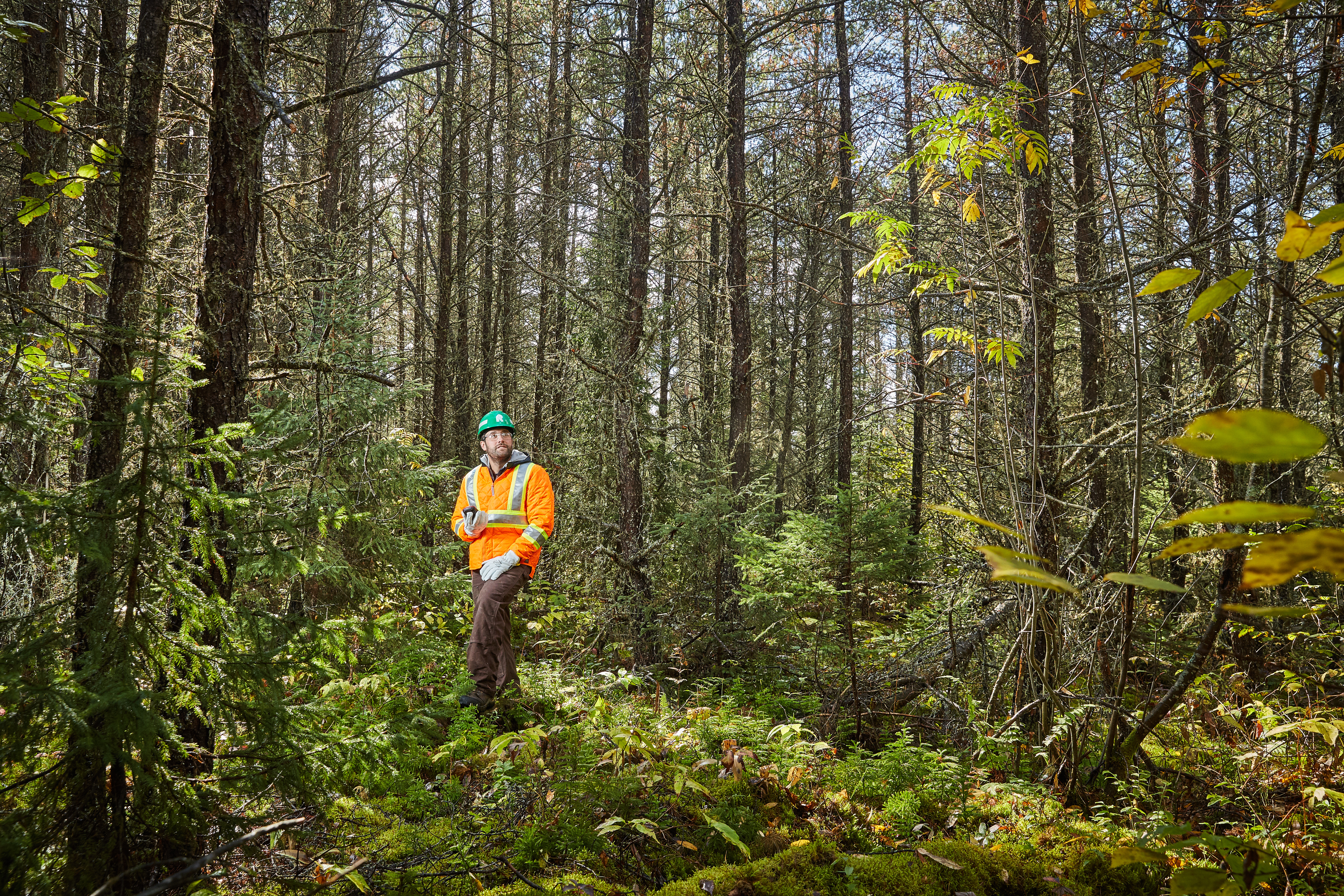

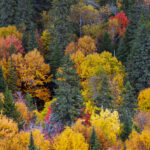

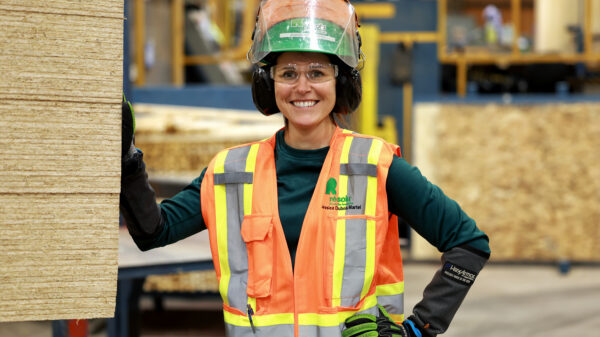

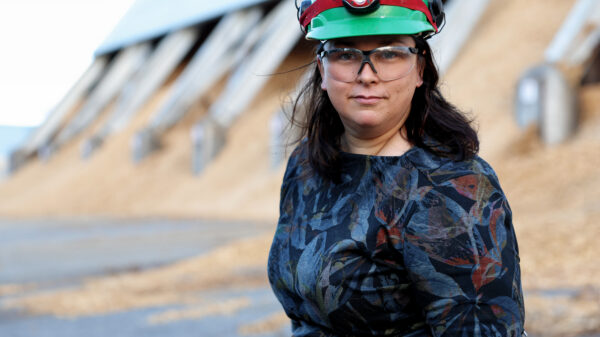
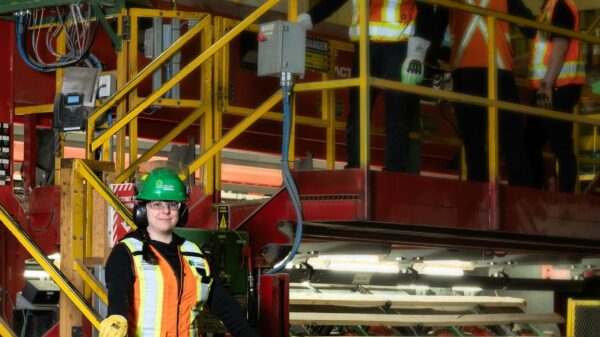
5 Comments. Leave new
Worked with Abitibi price Grand falls for 20 years
Building roads and harvester operator
The negative effects of fire suppression are still under study, and not fully measured, but they need to be considered when making decisions about the future health of boreal forests.
My understanding is that a log lying on the ground gives off the same amount of C02 as if it was burned albeit at a slower rate. If that is the case, then burning deadfall firewood would be carbon neutral as opposed to burning gas or coal. As well, it is a natural form of carbon that nature can recycle and use.
Someone needs to commission a study to verify if this is the case then bring it to the attention of politicians and public.
It might motivate to use pine beetle killed forests for fuel vs gas as the pine beetle kill off will likely burn as a forest fire anyway.
These facts are incredible! I knew 3rd fact……..
These facts are true, I knew, but incredible! I knew 3rd fact……..